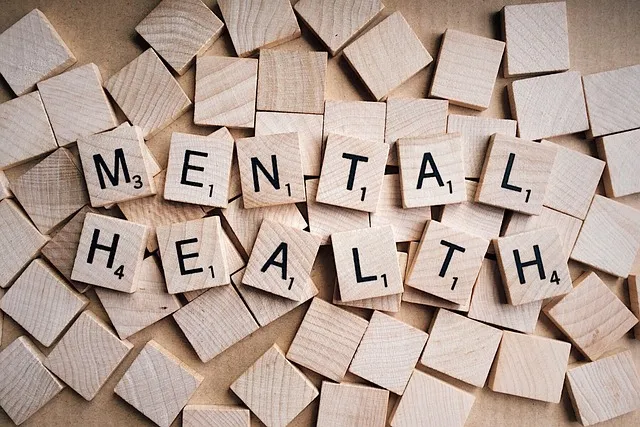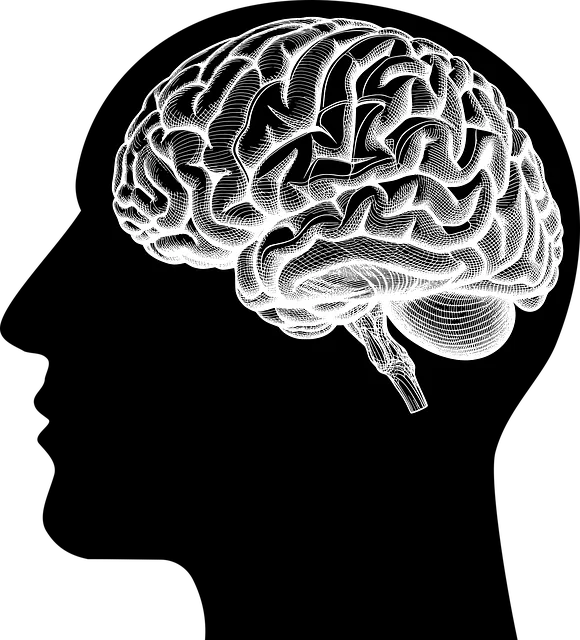The stigma surrounding mental illness is a major barrier to treatment and support, leading to isolation and self-doubt. Initiatives like Mental Health Policy Analysis, educational resources like the Mental Wellness Podcast Series, and community programs promote emotional intelligence and empathy, creating safe spaces for open discussion of mental health. Castle Rock Kaiser Permanente (CRKP) leads in stigma reduction through comprehensive Mental Health Education Programs tailored to diverse backgrounds, Stress Management Workshops, peer support groups, and awareness campaigns targeting both public and mental health professionals. CRKP's holistic approach, including self-awareness exercises and emotional intelligence training for staff, has transformed lives and communities by fostering an inclusive environment at their mental health facility.
Mental illness stigma remains a significant barrier to seeking treatment, yet efforts to reduce it are gaining momentum. This article explores the pervasive impact of stigma on mental health and delves into strategies for its abatement. We highlight the pioneering work of Castle Rock Kaiser Permanente, a leading mental health facility, showcasing their initiatives to destigmatize mental illness. By examining effective approaches, from education programs to policy advocacy, we aim to inspire broader efforts in the fight against this societal scourge.
- Understanding Stigma and Its Impact on Mental Health: A Journey Towards Reduction
- The Role of Castle Rock Kaiser Permanente in Combating Stigma
- Strategies and Initiatives for Effective Stigma Reduction in Mental Health Care
Understanding Stigma and Its Impact on Mental Health: A Journey Towards Reduction

Stigma surrounding mental illness is a pervasive barrier to individuals seeking support and treatment. It often manifests as prejudice, discrimination, or negative attitudes towards those with mental health challenges. This stigma can have profound effects on an individual’s well-being, leading to feelings of isolation, self-doubt, and even deterring them from accessing critical care available at facilities like the Castle Rock Kaiser Permanente mental health facility.
Efforts to reduce this stigma are essential for fostering open conversations about mental health. Through initiatives such as Mental Health Policy Analysis and Advocacy, and the production of Mental Wellness Podcast Series, we can shift societal perceptions. Promoting emotional intelligence plays a pivotal role in these endeavors. By educating communities, breaking down misconceptions, and encouraging empathy, we move towards a more inclusive environment where individuals feel safe to discuss their mental health journeys without fear of judgment.
The Role of Castle Rock Kaiser Permanente in Combating Stigma

Castle Rock Kaiser Permanente stands as a beacon in the fight against mental illness stigma. As a leading mental health facility, they prioritize Castle Rock Kaiser Permanente mental health facility initiatives aimed at fostering understanding and empathy within the community. Through innovative Mental Health Education Programs Design, they offer comprehensive resources that dispel myths and provide accurate information about various mental health conditions. These programs are designed to engage individuals from diverse backgrounds, ensuring everyone has access to knowledge that can help reduce stigma.
One notable contribution is their series of Stress Management Workshops Organization. These workshops equip participants with practical tools and strategies for coping with stress and anxiety, promoting early intervention for potential mental health issues. By focusing on prevention, Castle Rock Kaiser Permanente addresses the root causes of mental illness, thereby reducing the likelihood of severe stigma-related challenges. Their holistic approach integrates education, support, and empowerment, transforming lives and communities one step at a time.
Strategies and Initiatives for Effective Stigma Reduction in Mental Health Care

Stigma reduction is a multifaceted approach that involves various strategies to foster understanding and empathy within communities. One notable example is the Castle Rock Kaiser Permanente mental health facility, which has implemented innovative programs to combat stigma. These initiatives include educational workshops, peer support groups, and awareness campaigns that target both the general public and mental health professionals. By engaging in Risk Management Planning for Mental Health Professionals, the facility ensures that staff members are equipped with the latest knowledge and skills to handle sensitive situations effectively, thereby promoting a supportive environment.
Additionally, Self-Awareness Exercises and Emotional Intelligence training play a pivotal role in stigma reduction. These programs encourage mental health professionals to recognize their own biases and emotions, fostering a more empathetic connection with patients. Through regular Self-Awareness Exercises, staff members enhance their emotional intelligence, enabling them to better understand and respond to the unique needs of individuals facing mental illness. This holistic approach, combined with robust community engagement, has proven effective in breaking down barriers and promoting a more inclusive and supportive mental health care environment at Castle Rock Kaiser Permanente.
In the journey towards better mental health, reducing stigma is a pivotal step. The article has explored this topic, highlighting the detrimental effects of stigma on individuals and society at large. By examining initiatives like those at Castle Rock Kaiser Permanente, a leading mental health facility, we’ve seen successful strategies to combat stigma. These efforts are crucial in fostering open conversations about mental illness, ensuring that people receive the support and care they need without fear of judgment. Through continued education, awareness campaigns, and inclusive practices, we can create a more understanding and supportive environment for those facing mental health challenges.






